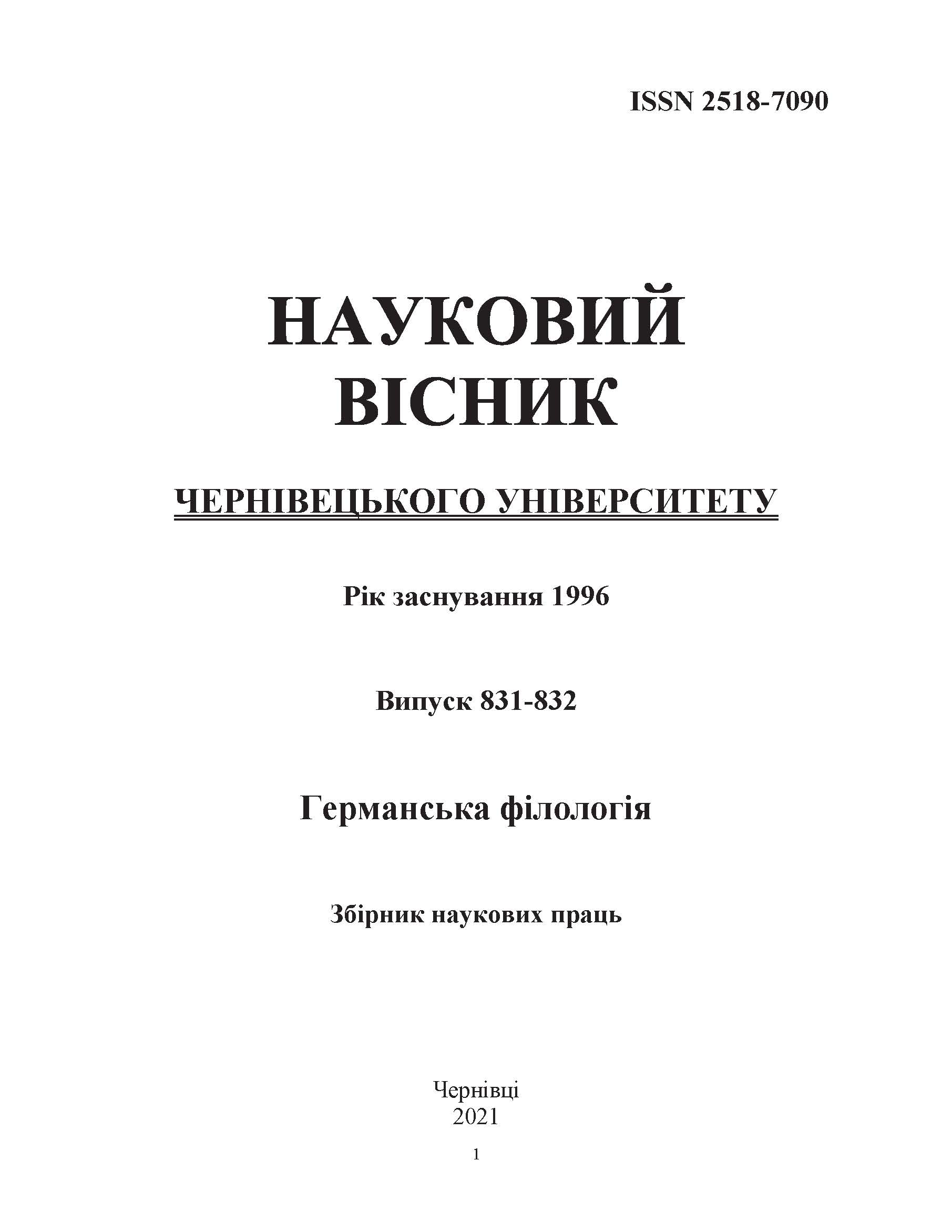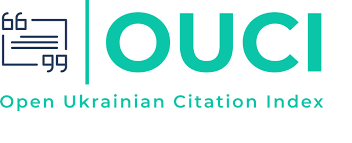ФОРМУВАННЯ КОМПЕТЕНЦІЇ ІНШОМОВНОГО ПИСЕМНОГО МОВЛЕННЯ СТУДЕНТІВ ЗА ДОПОМОГОЮ ЕЛЕКТРОННИХ ДИДАКТИЧНИХ ЗАСОБІВ
DOI:
https://doi.org/10.31861/gph2021.831-832.85-96Ключові слова:
іншомовне писемне мовлення, аудіовізуальні технології, лінгвістична, дискурсивна, прагматична, стратегічна і соціокультурна компетенціїАнотація
У статті розглянуто аудіовізуальні технології (АТ) для навчання писемного мовлення у процесі оволодіння німецькою як другою іноземною мовою. Метою дослідження є формування та розвиток компетентності писемного мовлення, що включає знання граматики і словникового запасу, навички читання, письма, аудіювання. Запропоновано методику впровадження таких АТ, як Інтернет, подкасти, блоги, відеоконференції, мобільні додатки в навчальний процес. Описано функціональні особливості відеофільму в навчальному процесі та чотири етапи технології аудіовізуальної освіти. Розглянуто етапи реалізації АТ (попередній перегляд, презентація, перегляд та актуалізація), встановлено ефективність АТ як методу навчання. Для оцінки рівня компетентності писемного мовлення обраховано фактори засвоєння навчального матеріалу.
Результати студії вказують на суттєве поліпшення якості знань студентів з писемного мовлення, що свідчить про ефективність застосування AT у навчанні німецької як другої іноземної мови. Навчальні ресурси в Інтернеті можуть сприяти формуванню і розвитку низки компетентностей: іншомовна комунікативна компетентність, включаючи лінгвістичну, соціокультурну, освітню та пізнавальну складові; комунікативно-пізнавальні здібності до пошуку та відбору, узагальнення, класифікації, аналізу та синтезу отриманої інформації; комунікативні навички презентації та обговорення результатв роботи з Інтернет-ресурсами; можливість використання Інтернет-ресурсів для ознайомлення з культурною та історичною спадщиною інших країн та народів; здатність використовувати ресурси для задоволення своїх інформаційних й освітніх інтересів та потреб. Опанування іноземної мови на основі АТ позитивно впливає на загальну успішність студентів і повинно відігравати провідну роль у ефективному формуванні та розвитку комунікативної компетентності.







